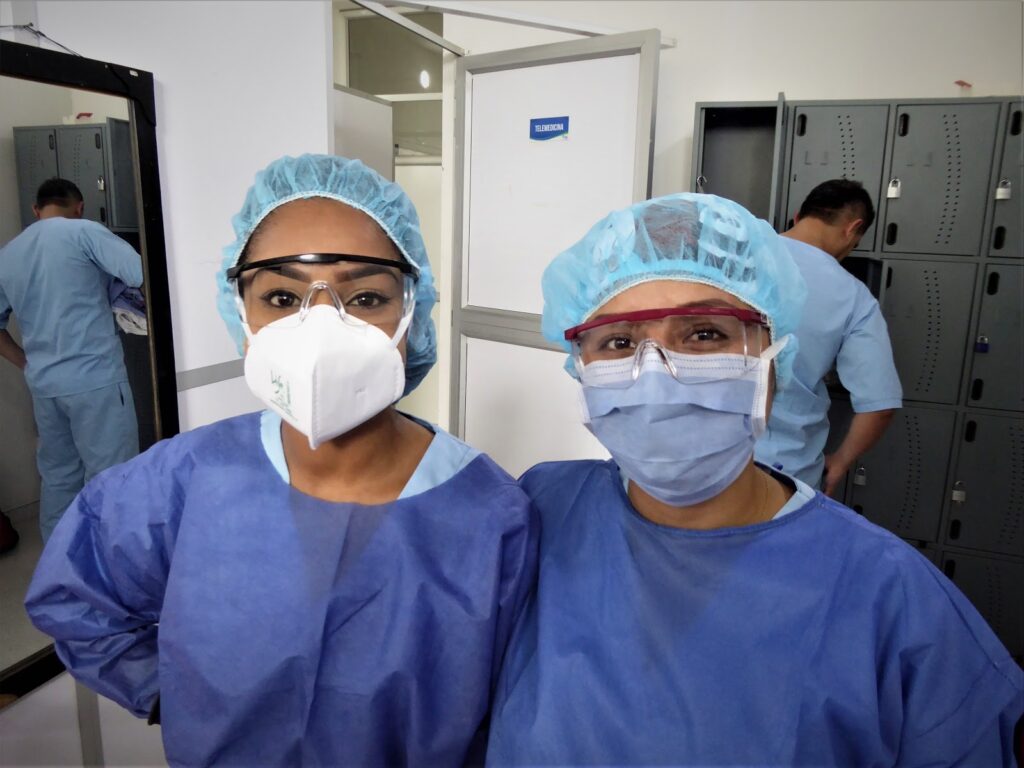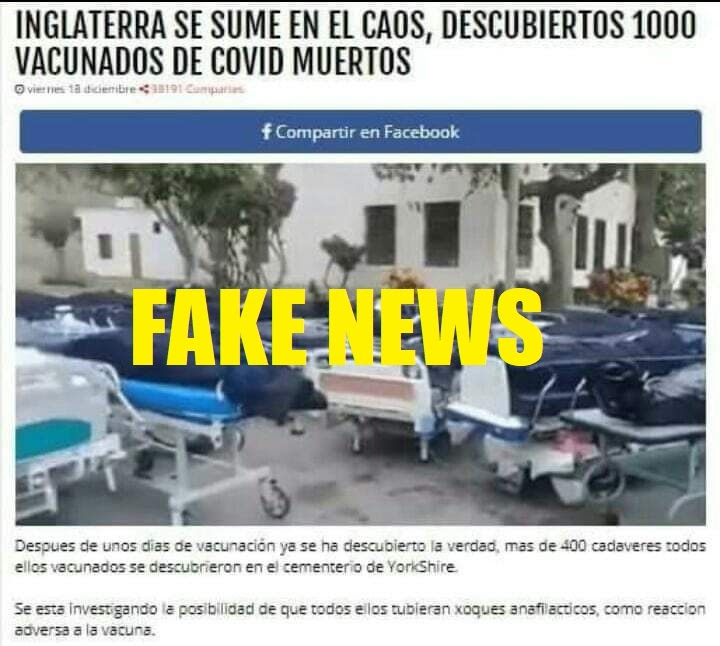Will we get coronavirus jabs any time soon? Or just more hot air? A quick Q&A on the country’s plans to inoculate against COVID-19.

With a return to lockdowns and a sharp spike in COVID-19 cases – deaths are again approaching 400 per day – Colombians are growing agitated over when the country will start the much-hyped vaccination campaign.
Part of the pressure comes from news that other countries have started vaccinating but are struggling to hit targets in what is being called a global “race against time” against a mutating virus. And already a super-contagious COVID-19 strain is circulating in Brazil and Chile. It is probably in Colombia too.
Meanwhile, evidence is emerging of long-term health problems facing people who have recovered from the novel coronavirus, such as fatigue, insomnia and depression, and even trigger dementia and cognitive decline. So even if you are immune to viral scare stories, or simply scared of needles, coronavirus is one illness worth avoiding.
Here’s some explanation of where we are with COVID-19 vaccination in Colombia and what might happen next…
When will Colombia get the COVID-19 vaccine?
No-one can say. Colombia’s President Duque announced that vaccination would start in January, but the minister of health says that “no date is set” and that there are no final deals with vaccine suppliers. And even as a war of words erupts in Colombia, rich northern countries are hogging the scarce supplies as their own cases skyrocket. But even after the vaccine arrives in Colombia, there will be many logistical hurdles such as shortages of staff and syringes etc to get people inoculated. Expect months of delays.
Who will be vaccinated?
The national vaccination plan put out last week by the health ministry (MinSalud) states it will prioritise older people (over 60), front line health workers, and those with existing medical problems such as diabetes, high blood pressure or lung disease. Next in line are teachers and “at risk” workers. Healthy people between 16 and 59 years will be low priority. Note that MinSalud is initially aiming to vaccinate around 70% of the adult population to achieve herd immunity. This suggests that not every adult will get jabbed under the current plan. The vaccine is voluntary and in theory offered for free or very low cost.
What if I already had COVID-19?
Best to still get vaccinated, according to doctors, vaccine immunity will likely last longer.
What vaccines are planned for Colombia?
Colombian medical control authorities (INVIMA) have approved the Pfizer vaccine, while Astra Zeneca, COVAX and Janssen products are pending. The first three require two injections a month apart, and the Pfizer product is further complicated by the need for specialised freezers at minus 80 degrees, limiting its use. The other three need just fridge cold. The Janssen vaccine requires a single dose, making it ideal for remote areas.
So how will people get inoculated in Colombia?
Mostly through the existing health system. People registered with the EPS insurance scheme will be called to vaccination appointments at their local walk-in clinics. Since the EPSs already have citizen’s health data, they can schedule people in accordance with their health priority. This system supposedly avoids mass gatherings. As a complement to the system, MinSalud will launch a centralised app and website, Mi Vacuna, allowing people to register and verify their turn for the vaccine, and maybe even challenge their prioritisation.
Sounds perfect! What can go wrong?
Actually, a lot. Anyone familiar with the “public-private” EPS health system knows it has many faults and was already overloaded even before COVID-19. And the current rise in cases will bring it closer to collapse. Can it also cope with mass vaccinating? Unlikely.
A recent example of EPS melt-down has been the COVID-19 testing fiasco; clinics have been unable to meet demand or have sent test results to patients many weeks late. This rendered the test-and-trace system useless, which in turn created more contagion and lockdowns. MinSalud is now under scrutiny for its EPS vaccine plan and under pressure to set up a more robust system.
What happens to people not already in the health system?
In theory, people outside the EPS health system are covered for emergencies and preventative health services, often through local hospitals knows as “ESEs”, though in reality access is not guaranteed. MinSalud has now declared the “non-insured poor population” can register with local authorities to join the vaccination plan, and this includes migrants legally in Colombia.
President Duque recently announced that irregular migrants – which means at least a million Venezuelans – would be excluded from the vaccination plan. MinSalud has since suggested that the UN and NGOs to assist with migrant vaccination.
Should I now get health insurance in Colombia?
This is recommended and could be essential if you want to get vaccinated. Indeed, if you are here medium to long term, you need insurance or EPS to get a visa.
Remember that Colombia is only aiming initially for 70% coverage, therefore MinSalud will prioritise vaccinating people already registered in the health system who can be assessed for existing heath conditions and side effects. Most importantly they are more likely to get the second dose a month apart. Anyone skipping the second dose could increase the risk of creating virus resistance to the vaccines.
Anyone foreign resident here can join an EPS as an independent and pay the monthly fee directly
What if I live in a remote area?
You might be overlooked. Most mass vaccination strategies first target denser urban areas, which also in Colombia is where people are more likely to be registered in the health system. Historically, childhood inoculation coverage has always been lower in rural and conflict areas. MinSalud claims it will make extra effort for the countryside, but probably the towns will come first.
Can I buy the vaccine privately?
Top-end medical clinics will probably offer the vaccine at high cost. The Colombian medicine control authority INVIMA has already approved the Pfizer vaccine for commercial sale. One precedent is the boom in private labs offering quick efficient testing services – but at a high cost – in the wake of the EPS testing flaws. Whatever your ethical views on queue-jumping, these VIP clinics will be a good bet for those who can afford it.
What if I don’t want the vaccine?
No worries, the vaccine is not obligatory. And you’re in good company: a recent survey showed that 45% of Colombians don’t trust the vaccine. COVID-19 conspiracies continue to rule social media with recent fake news on “mass vaccine deaths.”

The survey showed that many people are worried by possible side effects, a valid concern given the rushed roll-out and lack of data on its effectiveness on new mutations, how long it will last, or even if inoculated persons can still spread the virus or not.
But every day brings new evidence, the latest studies showing that the vaccines do work with the super-spreading mutations and probably give long-lasting protection.
And in the short term, vaccine aversion could also be a good thing: it will leave more for the rest of us.





